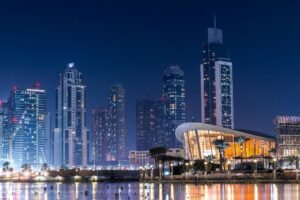As global awareness of environmental issues grows, sustainable tourism has emerged as a vital consideration for travelers and destinations alike. In Malaysia, a country rich in biodiversity and cultural heritage, eco-conscious activities provide opportunities to explore stunning landscapes while minimizing the environmental impact. This blog delves into sustainable tourism practices in Malaysia, highlighting eco-friendly activities that travelers can engage in to promote conservation and support local communities.
Understanding Sustainable Tourism

Sustainable tourism refers to travel practices that prioritize environmental integrity, social equity, and economic viability. This approach aims to minimize the negative impacts of tourism while maximizing the benefits for local communities and ecosystems. In Malaysia, where natural beauty and rich biodiversity abound, sustainable tourism is not just a trend but a necessity to protect its unique ecosystems and cultural heritage.
The Importance of Eco-Conscious Travel in Malaysia
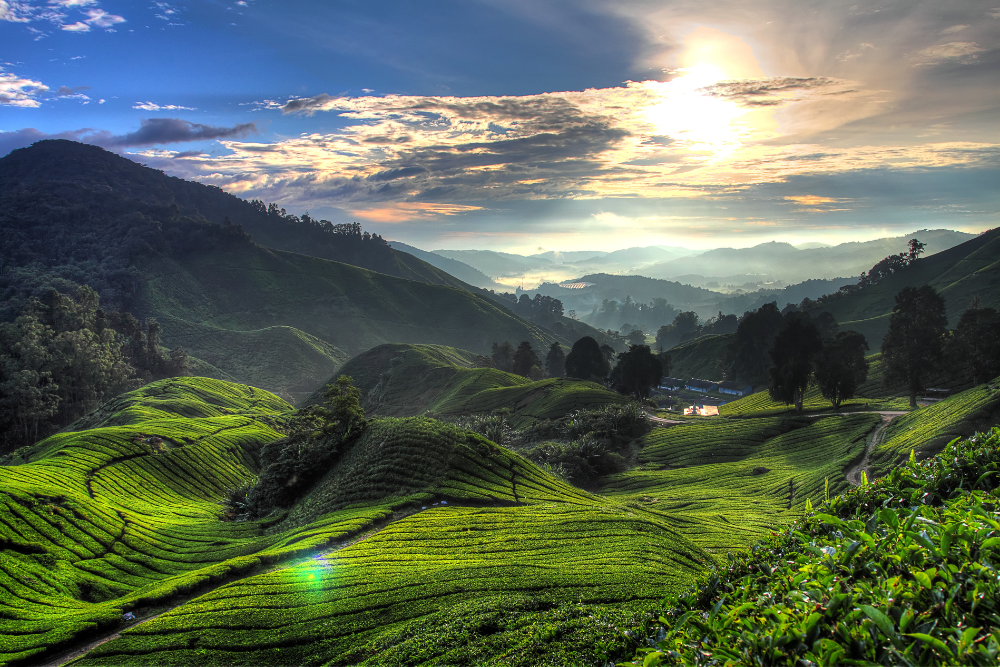
Malaysia is home to a diverse range of ecosystems, from lush rainforests and pristine beaches to vibrant coral reefs. However, rapid urbanization and tourism development have put immense pressure on these natural resources. By engaging in sustainable tourism practices, travelers can contribute to the conservation of these environments, support local economies, and promote responsible tourism.
Top Eco-Conscious Activities in Malaysia
1. Jungle Trekking in Borneo
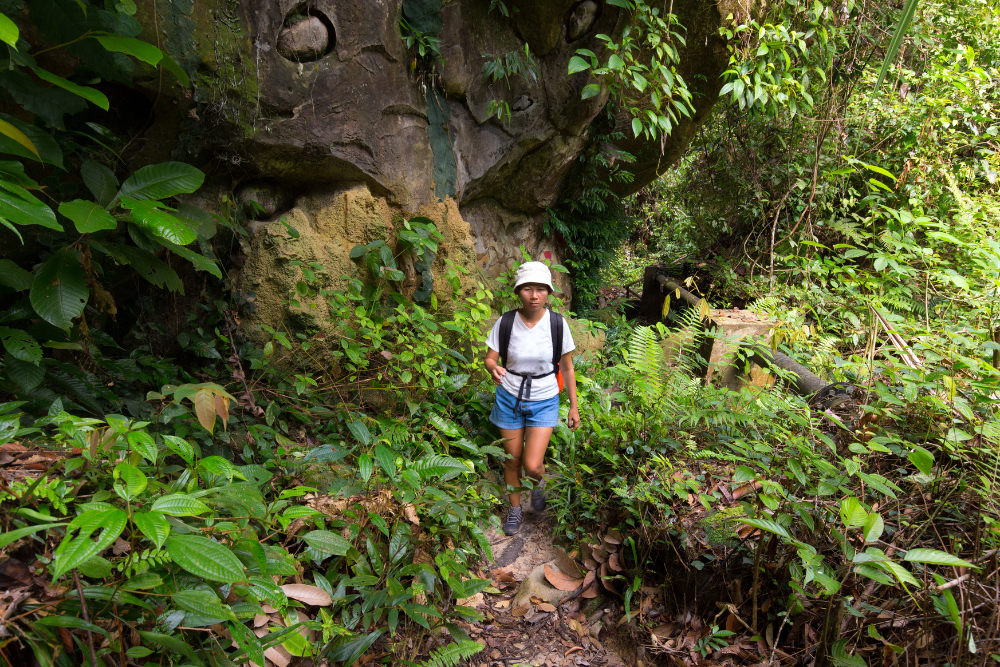
Borneo, the third-largest island in the world, boasts some of the oldest rainforests on the planet. The Malaysian states of Sabah and Sarawak offer numerous eco-friendly trekking options that allow visitors to experience the incredible biodiversity of this region.
Highlights:
- Kinabalu Park: A UNESCO World Heritage site, this park is home to Mount Kinabalu and offers various trekking trails suitable for different fitness levels. Guided tours with local eco-guides provide insight into the unique flora and fauna.
- Mulu National Park: Known for its limestone formations and extensive cave systems, Mulu offers treks that lead to stunning natural wonders, including the world’s largest cave chamber.
2. Island Hopping and Marine Conservation
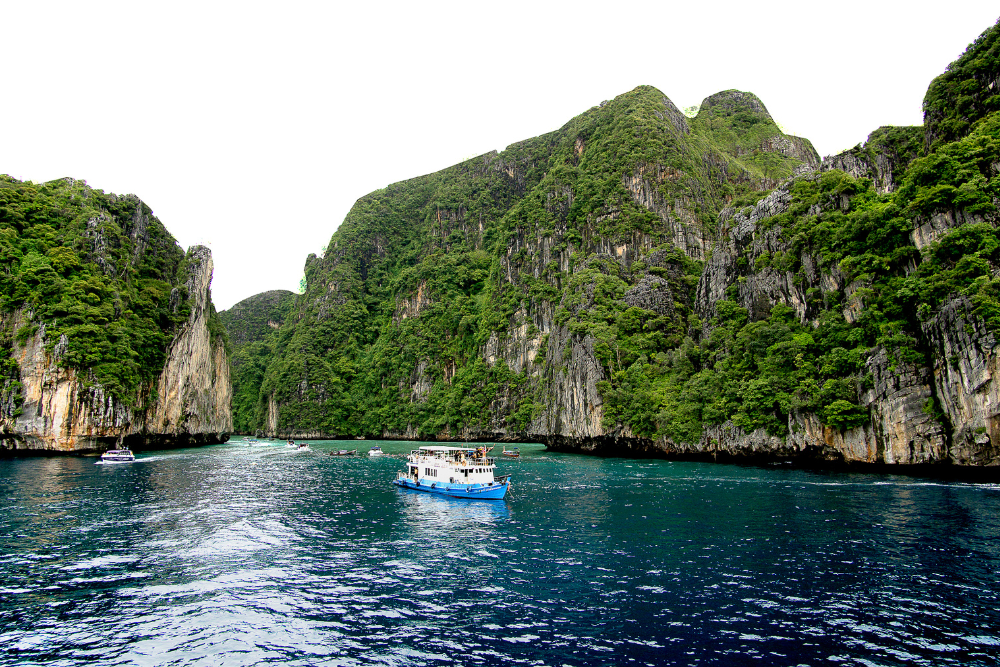
Malaysia’s islands, such as Langkawi, Perhentian, and Sipadan, are famous for their crystal-clear waters and vibrant marine life. Engaging in eco-conscious activities like snorkeling and diving not only offers breathtaking views but also supports marine conservation efforts.
Highlights:
- Sipadan Island: Renowned for its diving spots, Sipadan is a conservation area where divers can witness an abundance of marine life, including turtles and reef sharks. Operators follow strict guidelines to minimize environmental impact.
- Perhentian Islands: Visitors can participate in beach clean-ups and coral reef restoration projects, allowing travelers to contribute directly to the preservation of marine ecosystems.
3. Responsible Wildlife Encounters
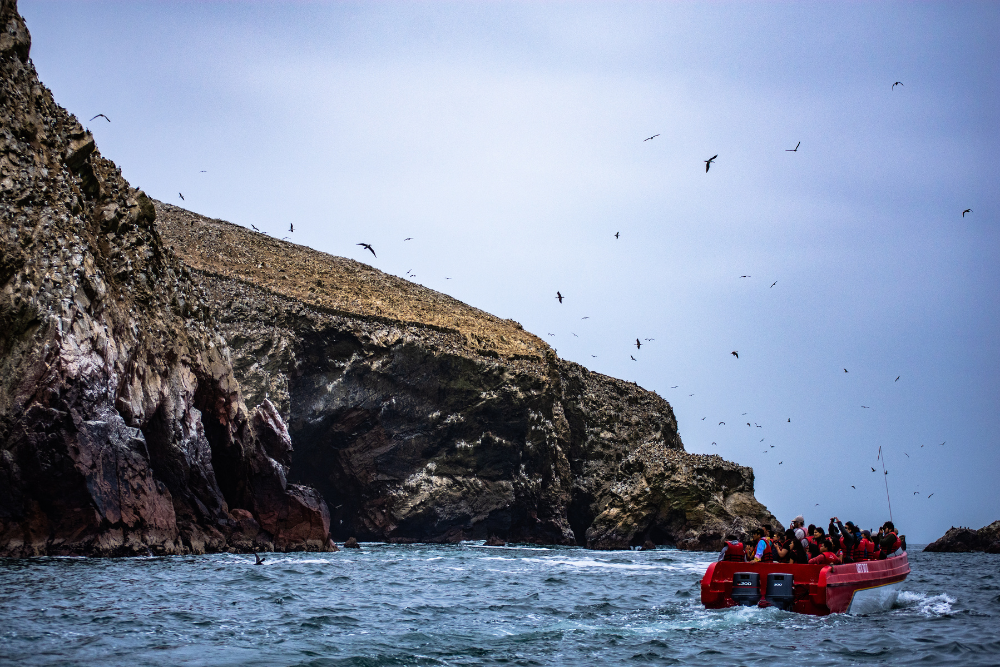
Malaysia is home to a variety of wildlife, including orangutans, elephants, and sun bears. Engaging in responsible wildlife tours is an excellent way to support conservation efforts while experiencing Malaysia’s rich biodiversity.
Highlights:
- Sepilok Orangutan Rehabilitation Centre: Located in Sabah, this center focuses on rehabilitating orphaned orangutans. Visitors can observe feeding sessions and learn about conservation efforts aimed at protecting these endangered primates.
- Borneo Elephant Sanctuary: Located in Sabah, this sanctuary provides a safe haven for rescued elephants. Guided tours educate visitors about the challenges faced by these gentle giants and the importance of habitat preservation.
4. Eco-Lodges and Sustainable Accommodations

Staying in eco-friendly accommodations is a great way to support sustainable tourism. Many lodges and hotels in Malaysia are designed with sustainability in mind, utilizing renewable energy sources, promoting local culture, and minimizing waste.
Highlights:
- Borneo Rainforest Lodge: Nestled in the heart of the Danum Valley, this eco-lodge offers luxurious accommodations while emphasizing conservation. Guests can partake in guided nature walks and wildlife spotting.
- Langkawi Green Resort: This eco-resort focuses on sustainability by using solar energy, rainwater harvesting, and organic gardening. Guests can enjoy eco-friendly amenities while immersing themselves in nature.
5. Cultural and Community-Based Tourism
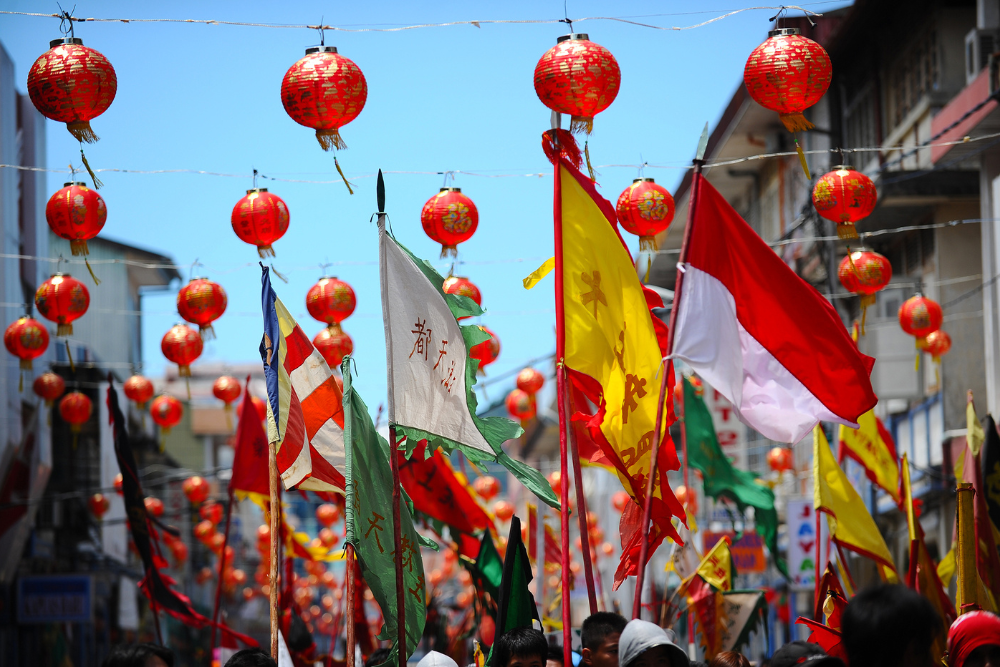
Cultural tourism provides an opportunity to engage with local communities, learn about their traditions, and support their economies. In Malaysia, community-based tourism initiatives promote cultural exchange and empower local populations.
Highlights:
- Sarawak Cultural Village: This living museum showcases the diverse ethnic groups of Sarawak through traditional performances, handicraft workshops, and authentic cuisine. Visitors can interact with local communities and learn about their heritage.
- Homestay Programs: Many rural communities offer homestay experiences where travelers can live with local families, participate in daily activities, and learn about traditional customs. This fosters a deeper understanding of Malaysian culture and provides economic benefits to host families.
Eco-Friendly Transportation Options
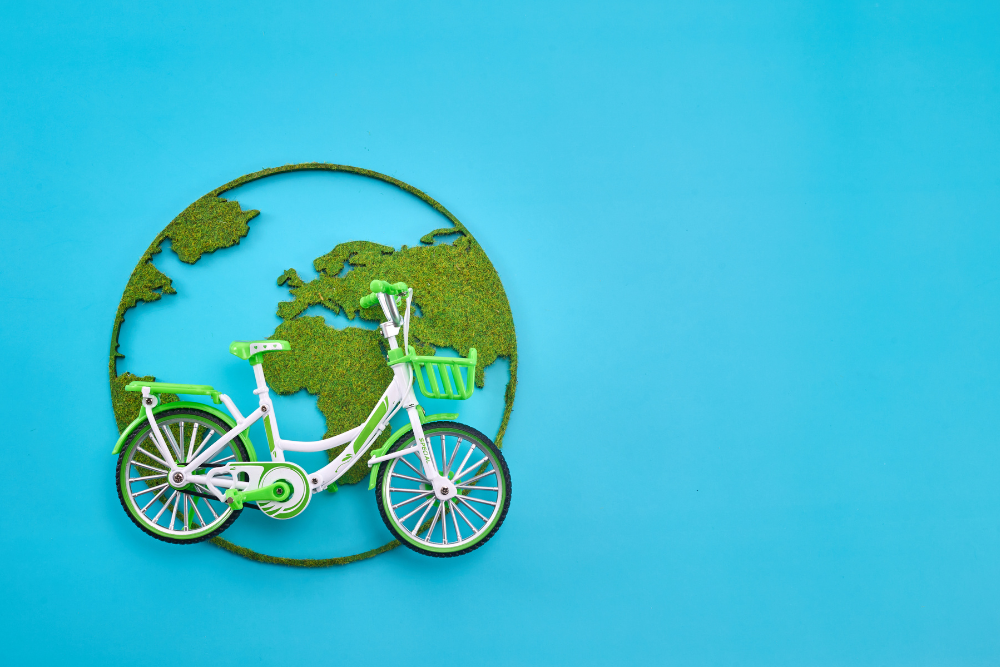
When traveling within Malaysia, opting for sustainable transportation methods can significantly reduce your carbon footprint. Here are some eco-friendly options:
Public Transport
Malaysia boasts an extensive public transport system, including buses, trains, and ferries. Using public transport not only reduces emissions but also allows travelers to experience local life.
Cycling Tours
Exploring cities and rural areas by bicycle is a fun and eco-friendly way to see the sights. Many destinations, such as Penang and Kuala Lumpur, offer guided cycling tours that showcase local attractions while promoting a healthy lifestyle.
Electric Vehicles
Some car rental services offer electric or hybrid vehicles, providing an eco-conscious way to explore Malaysia’s scenic routes without contributing to air pollution.
Supporting Local Conservation Efforts

Many organizations in Malaysia focus on conservation and sustainable tourism. Travelers can support these initiatives through donations or participation in volunteer programs.
Wildlife Rescue and Rehabilitation
Organizations like the Malaysian Wildlife Conservation Fund and Borneo Nature Foundation work tirelessly to protect Malaysia’s unique wildlife. Visitors can contribute by participating in volunteer programs or making donations to support their efforts.
Community Initiatives
Various community-based projects focus on sustainable practices, from organic farming to traditional crafts. Engaging with these initiatives not only supports local economies but also helps preserve cultural heritage.
Tips for Eco-Conscious Travelers

- Choose Eco-Friendly Accommodations: Research lodges and hotels that prioritize sustainability in their operations.
- Minimize Waste: Bring reusable water bottles, bags, and utensils to reduce single-use plastics.
- Respect Wildlife: Observe animals from a distance and avoid disturbing their habitats.
- Engage Locally: Support local businesses, artisans, and farmers to help foster economic growth within communities.
- Educate Yourself: Learn about the cultural and environmental issues facing Malaysia to make informed choices during your travels.
Conclusion: The Future of Sustainable Tourism in Malaysia

Sustainable tourism in Malaysia offers a myriad of opportunities for travelers to engage with the environment and local communities responsibly. By choosing eco-conscious activities and supporting sustainable practices, visitors can enjoy the beauty of Malaysia while contributing to its conservation.
As awareness continues to grow, the potential for sustainable tourism to foster positive change becomes ever more significant. Whether trekking through Borneo’s rainforests, diving in crystal-clear waters, or participating in cultural experiences, every traveler can play a part in promoting sustainability in this vibrant and diverse country.











